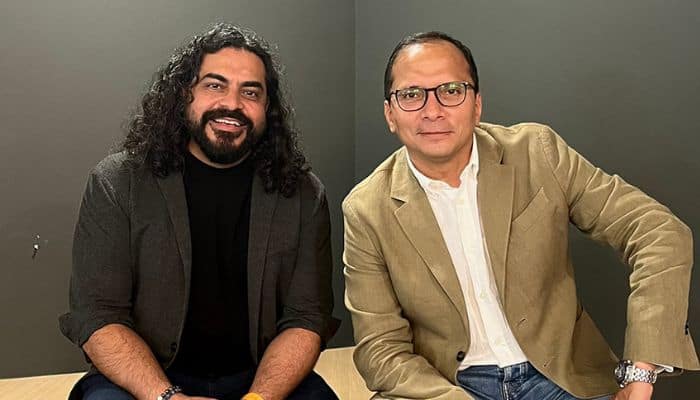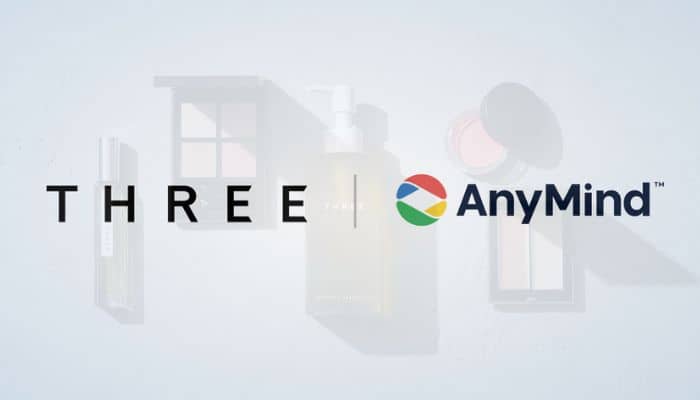Indonesia – As part of its expansion in Southeast Asia, Havas has formed a strategic alliance with Indonesia-based independent agency Moonfolks, uniting Havas’ media expertise with Moonfolks’ integrated and digital marketing capabilities.
Operating as ‘Havas Moonfolks,’ the partnership will offer a range of services, including traditional and digital advertising, social media, programmatic buying, performance marketing, creative development, and brand strategy. The collaboration aims to streamline media and creative efforts, enhancing the effectiveness and relevance of brand campaigns.
The alliance also reflects Havas’ broader strategy of integrating talent, capabilities, and platforms to streamline media and creative services. The partnership aims to enhance brand solutions by leveraging data, media, and creativity.
Additionally, the collaboration will introduce Havas’ proprietary tools and services, including Havas Market (eCommerce), Havas Play (Content & Activation), and CSA (Data & Tech), to the Indonesian market.
Effective January 6, 2025, Havas’ media team has integrated with Moonfolks, officially launching operations under the Havas Moonfolks brand.
Moonfolks will continue to operate as an independent creative and integrated agency under the leadership of its founder, CEO, and president director, Anish Daryani. Through this partnership, media and creative services will be integrated under the Havas Moonfolks umbrella.
Daryani will also assume the role of president director for Havas Moonfolks, bringing his industry expertise and market experience to drive growth and innovation. He will be supported by Stefanus Christofer (Steven) as general manager, working alongside Pankaj Nayak, the newly appointed president of SEA at Havas Media.
Under the guidance of Rana Barua, group CEO for India, SEA, and North Asia, Daryani and his team will have the resources and support needed to drive strategic decisions, align with regional objectives, and strengthen market growth.
Speaking about the alliance, Barua said, “Indonesia is one of Southeast Asia’s largest and fastest-growing markets, making it a strategic priority for us. This strategic alliance with Moonfolks marks a significant milestone in our growth journey and strengthens our position to lead with our Converged strategy, amplifying our ability to deliver impactful solutions for brands in local, regional, and global markets.”
Meanwhile, Daryani explained, “The industry has created significant complexity by separating creative and media functions into different agencies. I’ve witnessed firsthand how disconnected these teams can be, even when working on the same client or within the same holding company.”
He added, “By uniting creative and media, we are leading the charge in challenging the traditional approach, bringing integrated agency teams together to solve business challenges for our clients. This collaboration provides a proven model that combines creative content, effective distribution, and a higher ROAS for brands. Through this alliance, we have completed our integrated model, allowing us to accelerate commerce for our clients in a way that truly drives results.”











